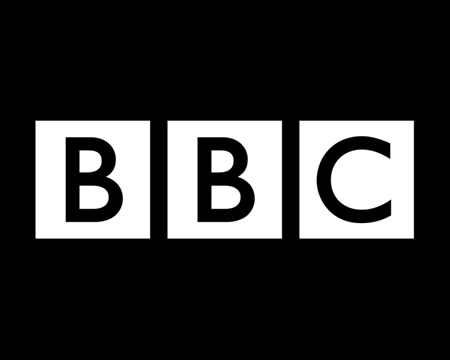To truly understand a country and the culture you must learn from someone who has experienced it first-hand. Below is an interview with Lionel Morrison. Read his thoughts about England, the United States, and the overall differences in technology.
What motivated you to move to America? How old were you?
I got married in 2000 when I was in the UK to an American. We got pregnant and she wanted to move back to Palatka to have our child and be with her family. I was 24 and she was 20.
What was your journey like?
I had to leave my 6-month pregnant wife as she flew back to the US because I had to go though the immigration process. I would say that was hard on the both of us. Applying for immigration status took about 6 months, background checks, interviews, shots and x-rays. Not to mention being ordered around like a regimented solider in full public view in front of the US Embassy in London. After getting my Green Card and flying into Orlando, I spent about 3 hrs in a holding cell because the immigration officer mistakenly opened my paper work from the embassy. Then to top it off my ride forgot to pick me up!
What were your impressions of America, before and after?
Wow, it was just like what I saw on TV and you can’t get a decent sausage anywhere. We get to see a lot of America on TV. So it wasn’t a big shock to me.
In your opinion, do you feel the "American Dream" is possible?
Any dream is possible if you’re willing to work hard and play hard. As for the American Dream, it never had any meaning for me.
Are you happy living in this country?
The county is a vast place and I’ve only lived in 3 places so I’ll narrow my focus: Interlachen, FL, Saint Augustine, FL and East Hardwick, VT. As for being happy with living in these places, I never liked living in FL. Too flat, too hot and too many things that will kill you! The only thing I really liked about FL is the springs. As for VT, It has seasons.
What do you wish Americans knew about your country?
You know I’m not really sure. Most of the things I hear about are political differences, the weather and blood pudding also known as Black Pudding. If they want to know about England, they should pay it a visit.
Are Americans well informed when it comes to your country?
The ones that have traveled and visited other places seem to have a better understanding and there is some commonality between us at that point. Others think we all speak with a posh British accent and are surprised to hear that in a country the size of FL there are different accents, dialects and languages.
Have you experienced any stereotyping since moving here?
Yes. I’m very upfront about explaining something. Americans tend to “sugar coat” the truth. I tend not to. My wife sometimes has to explain that I’m British.
How is technology different? How is it the same?
Well we both have TV’s, phones and cars. The difference is that the US seems to be about 10 years behind. The US is just getting Green as far as cars go. You’ll find that most cars in the UK get at least 36 MPG. The 3G-cell phone network was introduced in to the UK back in the late 90’s. High Def TV’s were around since before I was in college. That was 1994.
Do you have anything you wish people knew about your homeland?
Not everyone wants to be an American! If one day the US decides it doesn’t want to renew my Green Card status, I’ll be happy to go home.










